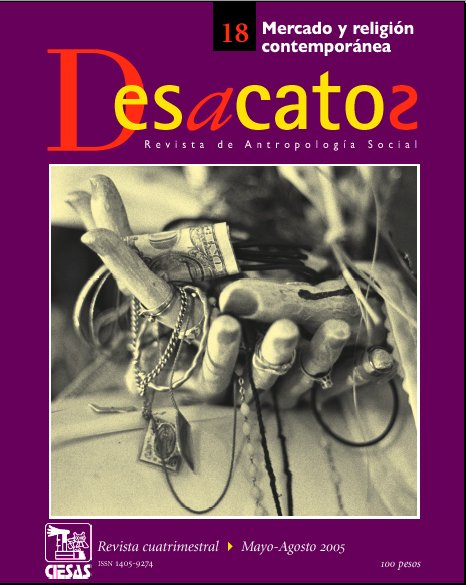Why not: marriage between spirituality and comfort. The evangelical world bestsellers
DOI:
https://doi.org/10.29340/18.1313Keywords:
Abstract
The popularity and propagation of the Prosperity Theology or self-help discourses can be better understood by shedding some light on the principles of their reception.The growth of these discourses can be attributed to their ability to activate and articulate a key aspect of the symbolic universe of their recipients: the cosmological conscience. This aspect accounts for their popularity and is the common element underlying the two paradigmatic cases studied in this paper: the Pentecostal faithful of the Greater Buenos Aires metropolitan area and a reader named Paulo Coehlo, who inhabits a favela of Rio de Janeiro.The paper demonstrates, through a series of analysis, that the dissemination of discourses that praise and ensure material prosperity and subjective wellbeing can be explained by their ability to blend individualized, consumerist and mundane practices with a “cosmological†view of the world (tendencies that appear to be in contradiction but are complementary in the poorest segments of Latin American urban populations). In this sense, we conclude that the Prosperity Theology and self-help literature allow a communication between active elements of an “unfinished secularization†with modern self affirmation and contemporary markets.Downloads
Download data is not yet available.
Published
2014-07-14
Issue
Section
SABERES Y RAZONES
License
.
How to Cite
Why not: marriage between spirituality and comfort. The evangelical world bestsellers. (2014). Desacatos. Revista De Ciencias Sociales, 18, 71-86. https://doi.org/10.29340/18.1313


 Make a Submission
Make a Submission
 Language
Language
 Information
Information

 Keywords
Keywords Social Media
Social Media